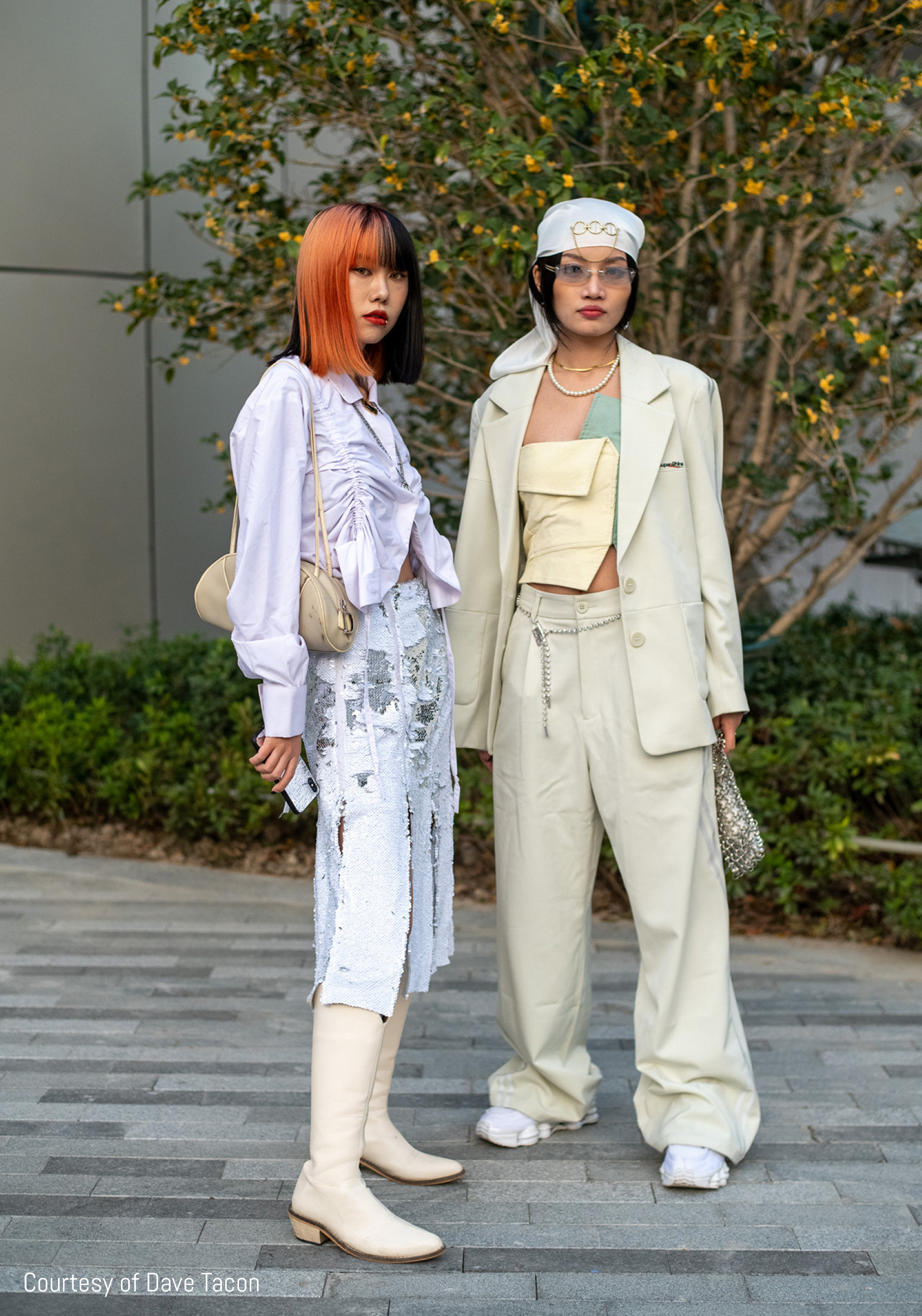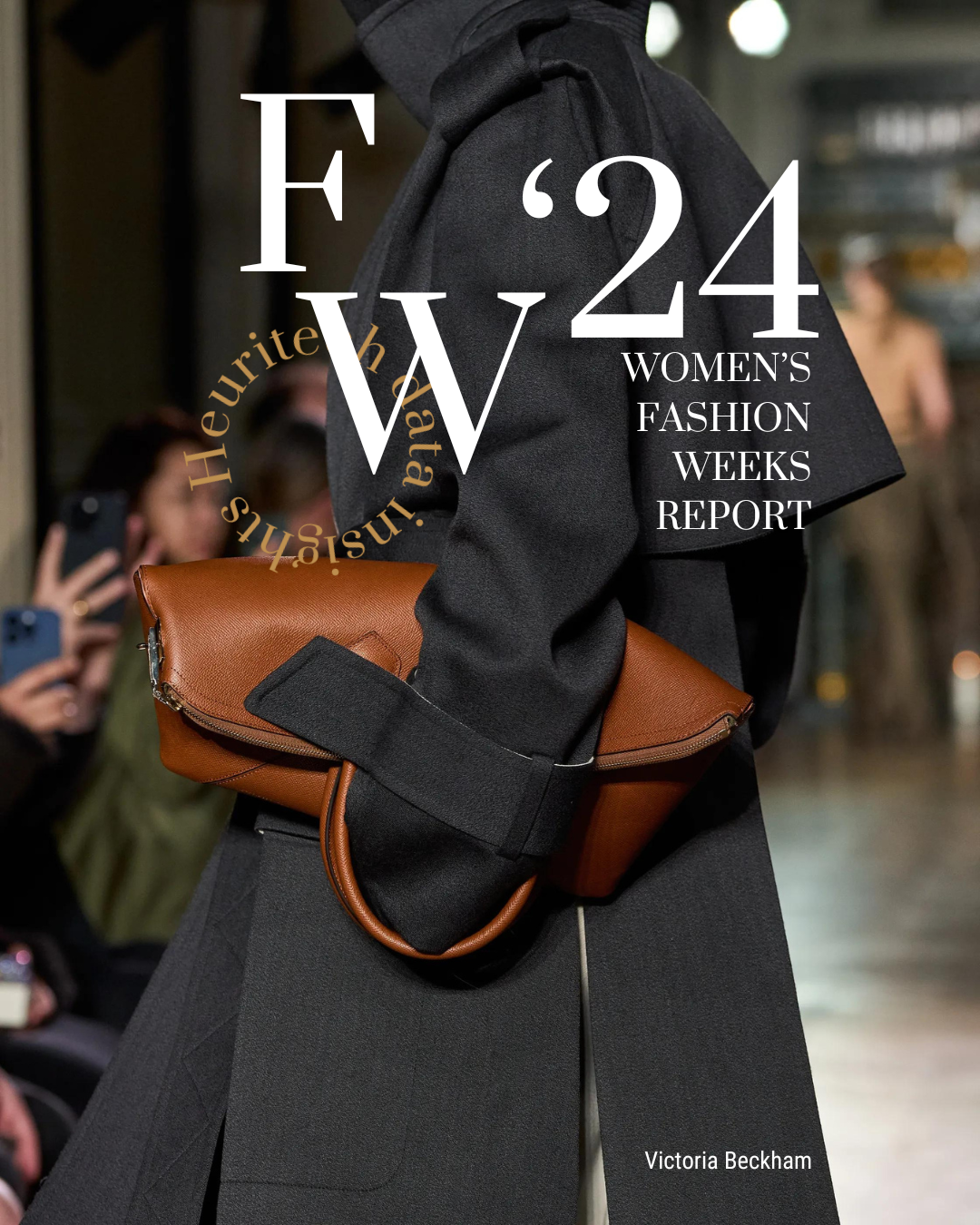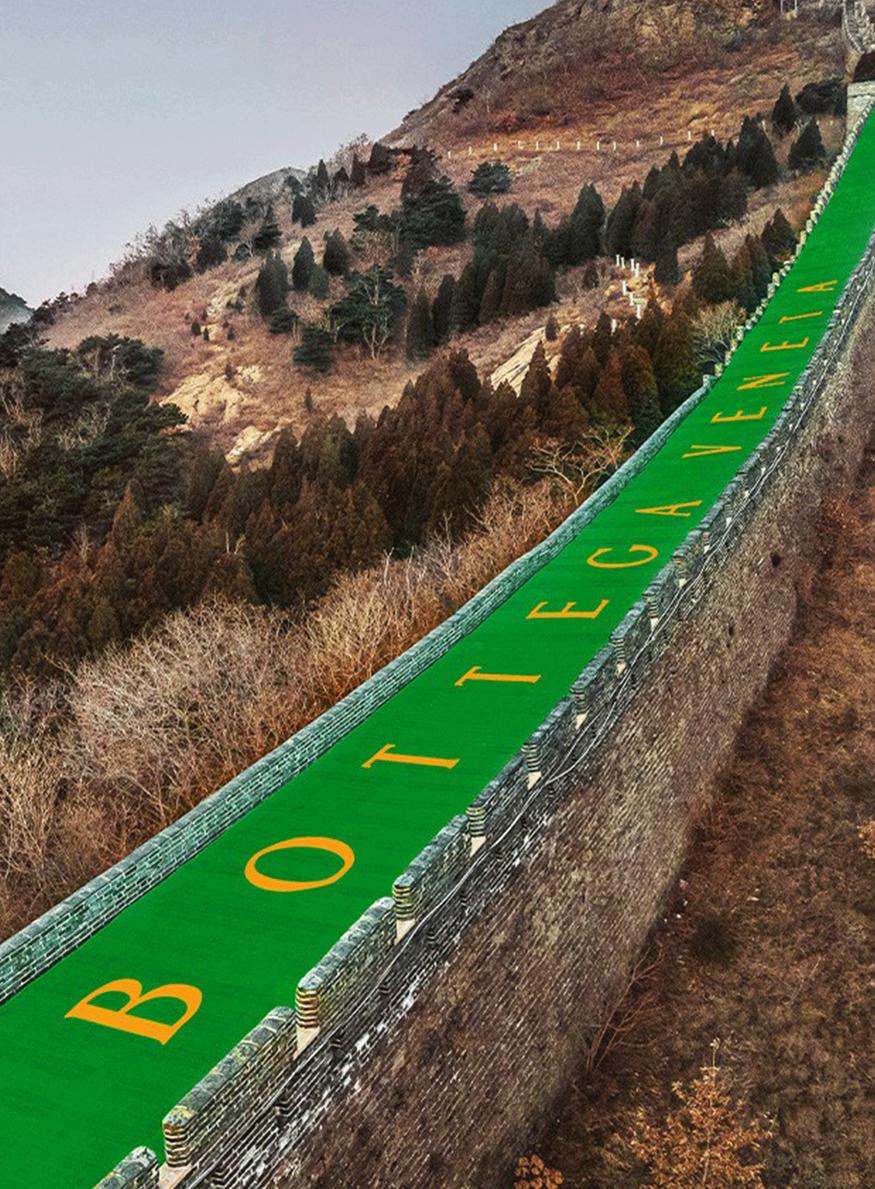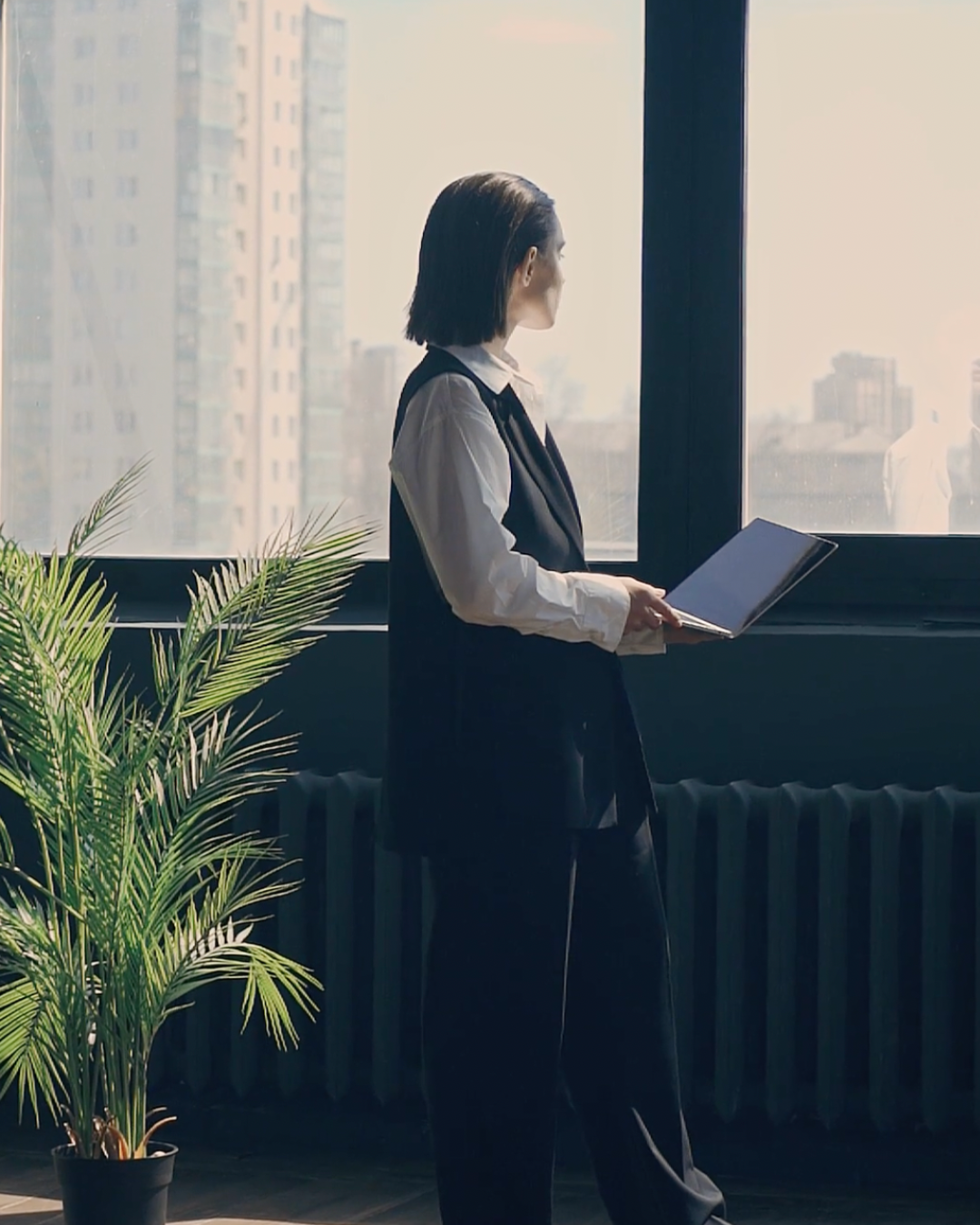Mostly known for its longtime fondness for highly recognizable products from global Western mega brands, and the strength of its grey market, China recently entered a new maturation phase in which niche and streetwear brands are increasingly attracting cult followings. And due to notable luxury brand collabs and the huge success of reality TV shows, streetwear brands are hitting both high streets and Weibo feeds.
Mimicking their KOL (Key Opinion Leader) icons, who dare laid-back outfits from lesser known brands in their everyday lives, Chinese people have found in anti-establishment streetwear an unprecedented form of expression.
China is becoming the envy of more and more Western brands, impressed by its fashion industry statistics, notably its $33 billion sportswear market. Mindful of the soft power of its homegrown fashion scene, China is now encouraging its domestic consumption while pouring its energy into conquering the world with brands like Li-ning or Anta.
Hype in China: Streetwear brands in the spotlight
Shangguan Zhe, founder of popular streetwear label Sankuanz, is a good representation of what makes this movement so powerful in China today. Zhe finds his appeal in combining “high-fashion credentials that still feel in touch with the ever-evolving Chinese underground,” writes Radii, a Chinese magazine founded by Alibaba’s former Vice President Brian Wong.
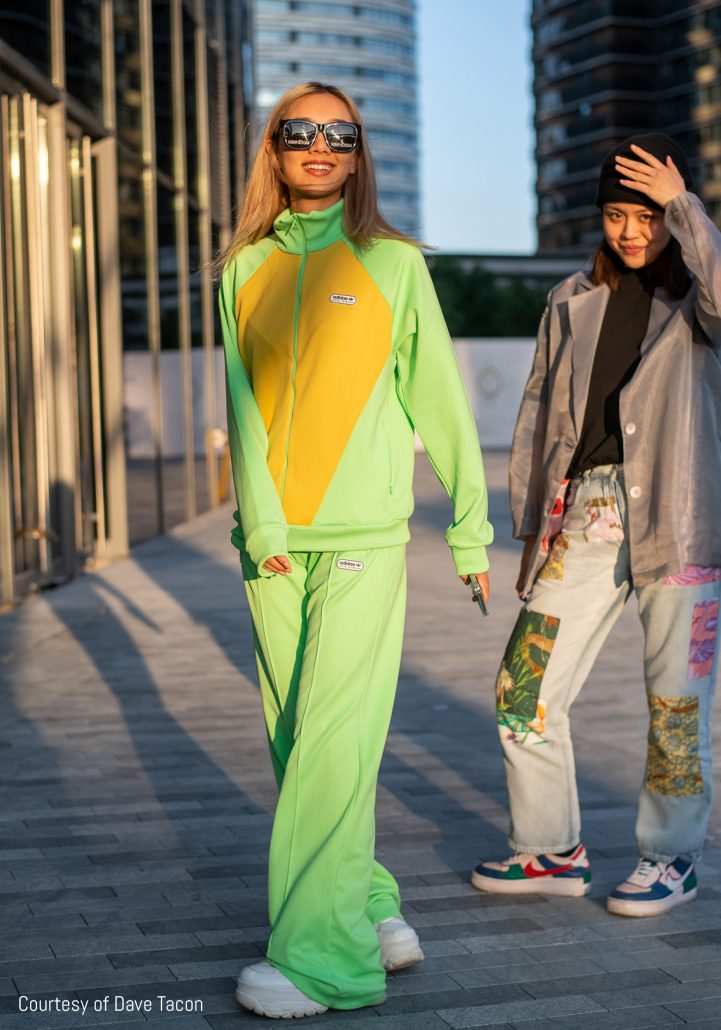
Due to relatively fewer gender-oriented “fashion codes” in the Chinese market, the silhouette shift towards streetwear brands has been faster than in the West. Lane Crawford’s senior buyer, Jillian Xin, noticed “Streetwear in China used to be largely limited to sportswear, but I think there’s been a lot more experimentation and blurring of boundaries recently, mixing high/low, old/new, girl/boy.”
China’s largest marketplace, Taobao, noticed that female clients are more enticed by neutral, masculine fashion pieces whereas male clients are increasingly moving towards genderfluid items.
According to Hypebeast and PwC consulting firm Strategy& in their 2019 Streetwear Impact Report, their Asian respondents reported spending five times more on streetwear per month than on non-streetwear. Non-Chinese brands are reaping the benefits of the Chinese streetwear movement, too, with American brand Alpha Industries announcing a new collaboration this Fall 2020 up with Hong Kong retail concept I.T.
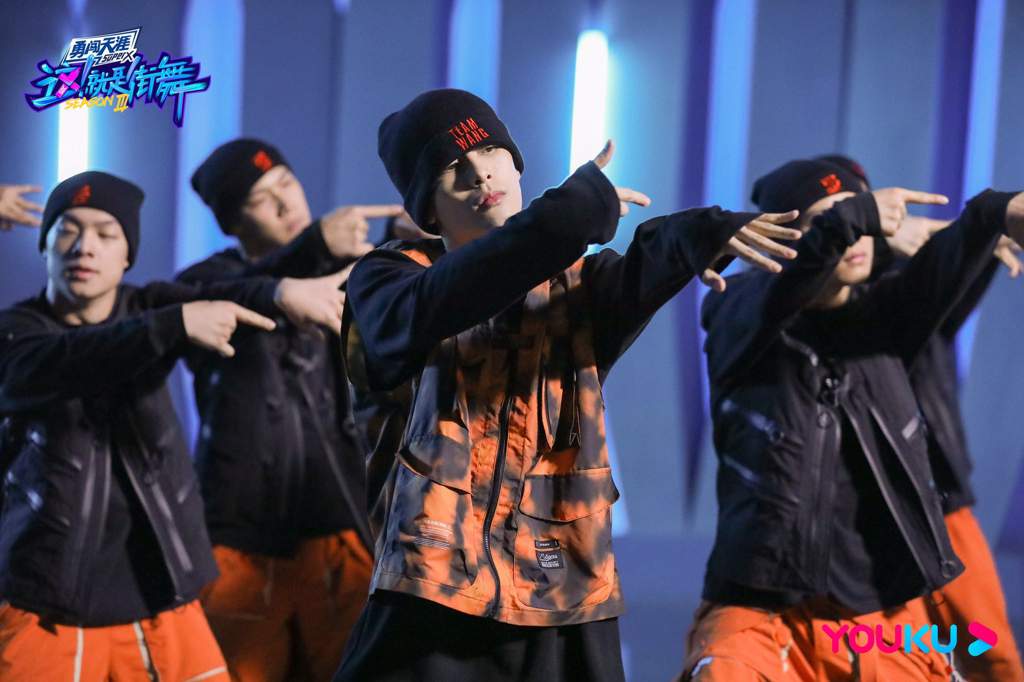
For Tmall, China’s largest B2C e-commerce platform, streetwear growth was 60 percent higher than the average growth for other clothing categories. The Chinese e-tailer found that sneakers and hoodies were the most sought-after streetwear items.
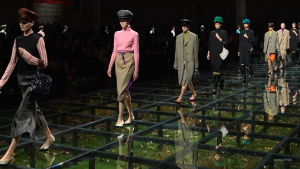
Chinese rap has long been an underground musical genre, defying authority and censorship. Starting in 2010, skateboard-led streetwear brands developed a powerful influence on social media. And according to the 2019 Streetwear Impact Report, respondents confessed their greatest sources of streetwear inspiration to come from social media and the streets themselves.
Television talent shows have taken China by storm, pushing the cultural boundaries between hip-hop and fashion. Youku, a video hosting service in China, broadcasted its third season of critically acclaimed competition show “Street Dance of China” this year.
This show appeals to millennials and Gen Z-ers in China notably for its combination of rap and streetwear. This most recent season, which went live this Fall, features major Chinese celebrities, from rapper Jackson Wang to Wang Yibo.
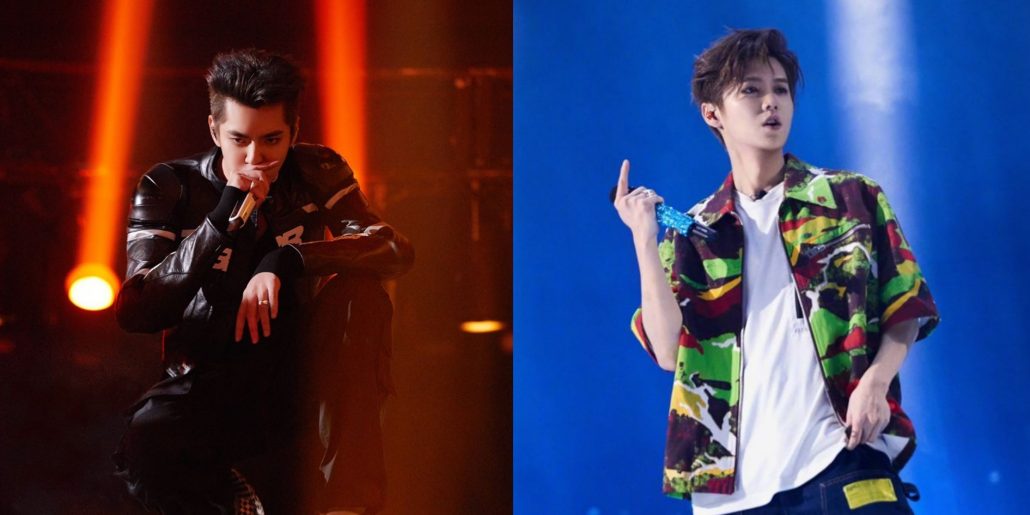
The streetwear brand frenzy in China is almost symptomatic of the major influence of Korean pop (K-pop) in the region, a blockbuster genre fusing pop, R&B and hip-hop. Adapted from a similar Korean show, “Show Me The Money”, the talent show crowned young rap sensations, especially female singers VAVA and Lexie Liu.
Through the contestant’s outfit choices, the show also highlighted low-key Western streetwear brands like Virgil Abloh’s Off-white, but also Stüssy and Japanese wunderkind A Bathing Ape (BAPE).
Similarly, and despite the “superme” misspelling, the show helped cement the notoriety of “NYC cult skater brand”, Supreme, thanks to the “Kris Wu effect”. Chinese superstar and jury member, Kris Wu, was particularly acclaimed for his style.
And Kris Wu made waves on the internet this month, after reuniting on stage with fellow rapper Luhan on popular competition show Rap of China, after having found both fashion and music fame on the show six years ago.
Streetwear brands: China’s KOLS hot topic to engage millennials through social media
Even more so than in the US, social media is king in China and the Chinese are celebrity-obsessed, admiring Chinese as well as Korean and American stars.
Consulting firm AT Kearney noticed that receptiveness to brand recommendations by celebrities (78%) and influencers (63%) among social media users in China ranked higher than in any other country surveyed.
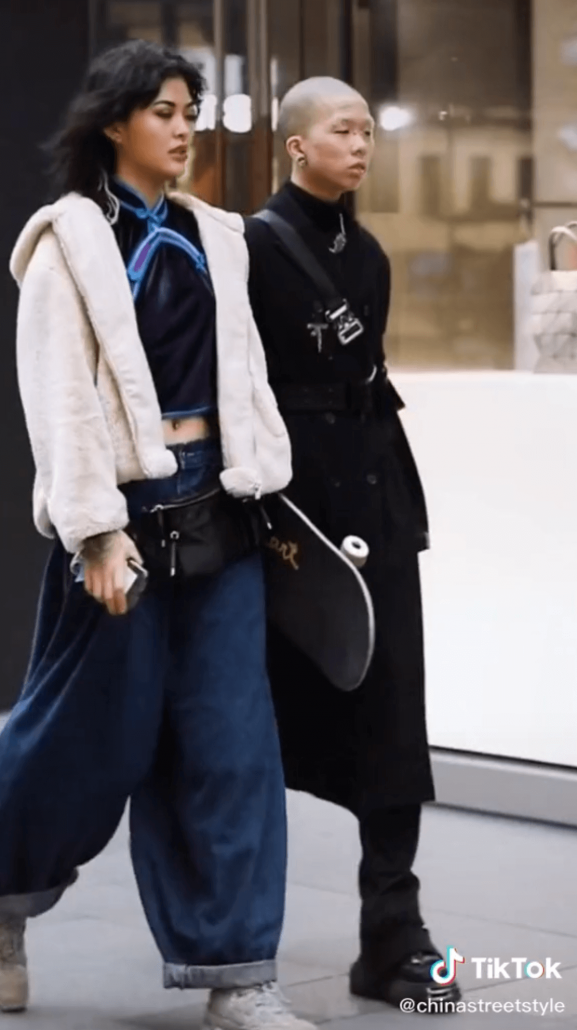
According to a recent study by Goldman Sachs, digitally savvy, open-minded millennials make up 31 per cent of China’s total population, nearly 415 million people.
Accustomed to traveling abroad and wearing western brands, they also tend to be keen on genderfluid looks.
Weibo and Wechat Official Accounts, and increasingly TikTok, are the most popular channels to receive the latest fashion trends and styling tips.
Wechat remains China’s most used mobile app with a penetration rate of 83 per cent among all smartphone users: it has 92 million daily users, who watch it more than 10 times a day and about 38 billion messages are sent every day.
In this conservative, brand-driven market, it is all about the latest trend discovered on Weibo, a micro-blogging platform specialised in entertainment, and which celebrity has worn it.
Millennials are likely to adopt a given style just to feel a sense of belonging to their community.
In China, influential celebrities, like Liang Tao or Li Jiaqi, are called KOLS (Key Opinion Leaders), a category that includes artists, bloggers, vloggers and other live streamers who have developed an expertise on a topic and succeeded in creating long term relationships with their audience.
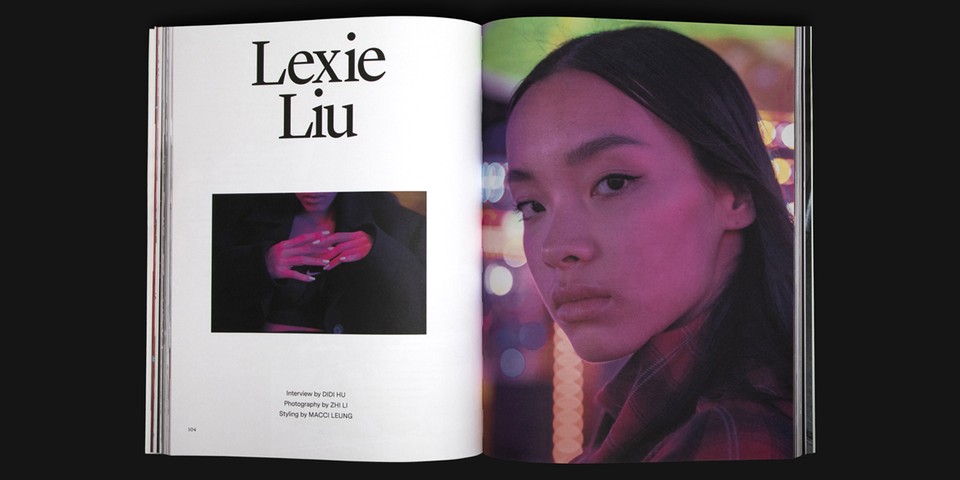
A small number of them fuel streetwear brand mania in China by wearing distinctive, lesser-known clothing labels and promoting foreign brands among their community.
The trend, primarily driven by men, has also found streetwear authorities in women such as actress Yang Mi or hip hop talent show former contestants like VAVA or Lexie Liu.
Brands looking to cash in on the street culture trend choose their local brand ambassador among KOLS. VAVA is now the face of Kappa, while Lexie Liu has worked with Puma and Levi’s. These individuals invite their audience to break the rules and fully embrace the streetwear trend.
A pride reborn: Redefining “made in China” streetwear
Today, the Chinese population, in line with the thriving Chinese economy, is regaining its self-confidence. As a consequence, homegrown streetwear sales are once again flourishing.
Chinese streetwear brands like Li-ning are talented at forging a strong authentic identity, selling a “spirit” (精神 jingshen). It has given rise to new brands fusing contemporary youth culture and ancient Chinese elements. Local designers regularly draw inspiration from Imperial China’s aesthetics or Taoism for their collections.
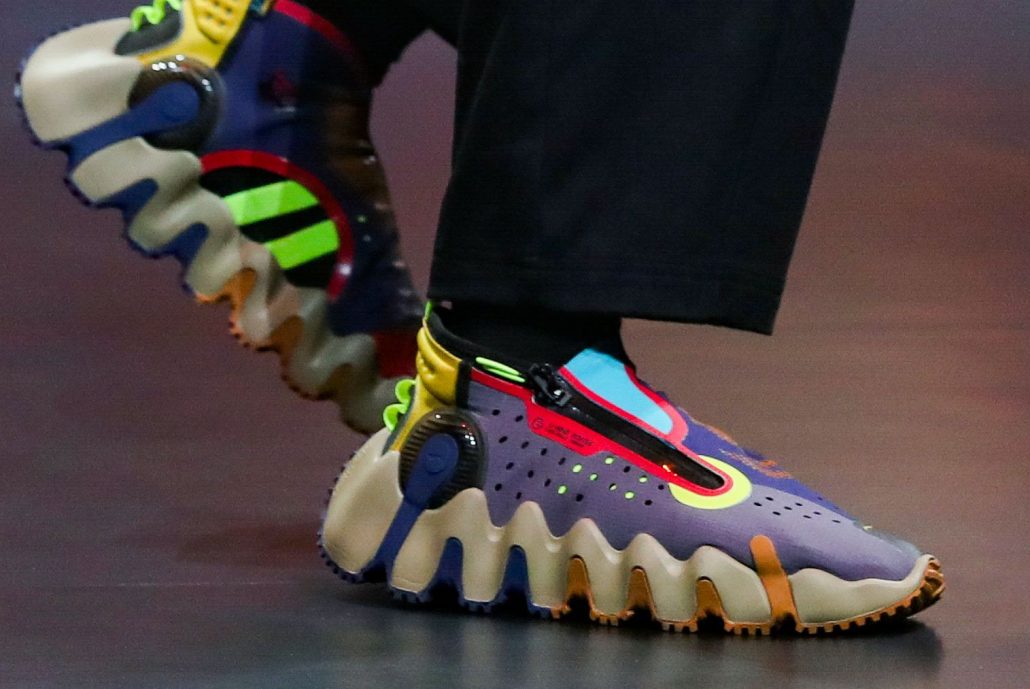
Li-Ning continued to prove his streetwear prowess at Shanghai Fashion Week with an SS21 collection rife with colourful, chunky sneakers, on trend with the global streetwear wave. This collection was a true testament to the designer’s journey: the brand today is symbolic of national pride that Li-Ning successfully conveys through a prism of Chinese sportswear.
Another Chinese sportswear brand, Mukzin, equally made a splash at SS21 Shanghai Fashion Week with a new collection called Jia Long, meaning “women’s hair accessories” in Tibetan culture. Popular Weibo blogger and stylist Zac Zhao wrote, “[The collection] has made the ethnic culture relevant and fashionable,” alluding to the greater movement of infusing modern streetwear with traditional Chinese elements.

Thanks to recent fashion weeks, “Made in China” is experiencing a perception change both at home and abroad. New York Fashion Week, for example, has become an exceptional launchpad for Chinese brands to showcase their street culture interpretation, thanks to the Tmall China Day. The event helped Chinese brands like sportswear leader, Li-Ning, to gain worldwide notoriety.

At present, China has displayed a strong affirmation of street culture. With this in mind, Chinese and foreign brands can adapt to these market trends with Heuritech’s artificial intelligence solution, which enables brands to thrive in a highly competitive environment such as China and avoid stereotypical product propositions by understanding what Chinese consumers value and how they shop.
